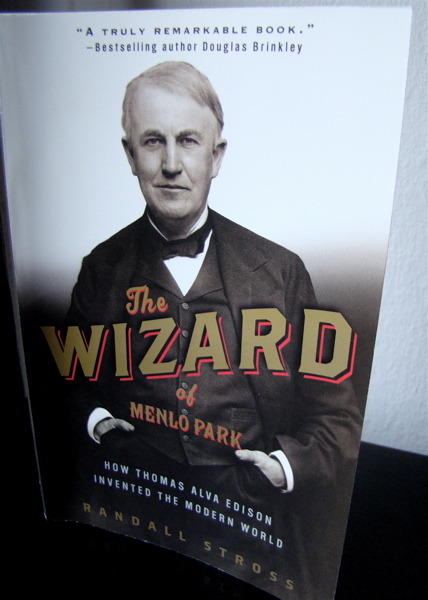
What is it about?
How to run a small business? Henry Dubroff and Susan J. Marks talked to a lot of entrepreneurs and asked them what makes their businesses successful.
Key points?
Empower your employees: You can’t win alone. If you start alone try to outsource non-core functions of your company. A financial adviser said that even he outsources accounting because it’s not a core function of financial advisory. Later, you are going to hire personnel for your company. Don’t hire the first person you interviewed, try to find great people and train them properly.
Build a brand: If you are just a commodity, people will switch their supplier fast. Try to differentiate yourself from your competition. Offer better service, use technology or be innovative. If you built a brand people will recognize you and rather stick with your service/product.
Your customers are your assets: Without customers, there’s no business. Try to get longterm customers because they will provide longterm success.
Build for profitability: Often people neglect that it takes time to get profitable. So, business owner give up too early or the can’t reach break-even because they started with too many liabilities. Start small, test your market and expand.
Conclusion
If you want to start a small business this book is a reliable source for important concepts. It’s not especially exciting or new but it’s extremely solid. I think there are enough people who would definitely increase their success rate if they would read this book.

